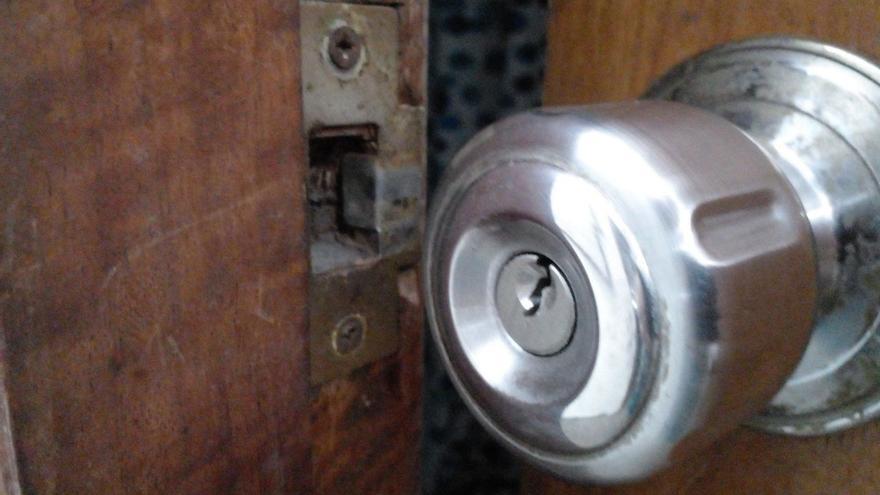
![]() 14ymedio, Havana, 5 July 2021 — A carpenter in Guantanamo is, so far, the only self-employed tradesman who has been able to import supplies for his own business. Imports by private individuals have only been allowed in Cuba since August. All such transactions must be done in dollars, however, and with state-owned companies acting as middlemen.
14ymedio, Havana, 5 July 2021 — A carpenter in Guantanamo is, so far, the only self-employed tradesman who has been able to import supplies for his own business. Imports by private individuals have only been allowed in Cuba since August. All such transactions must be done in dollars, however, and with state-owned companies acting as middlemen.
A provincial state-run newspaper, Venceremos, reported the news without identifying the carpenter, who “preferred to remain anonymous,” nor did it offer information about any other self-employed workers importing supplies.
The article indicated that the carpenter “is among the Cubans who have received imported goods as part of Cuba’s strategy that allows state companies, in this case Copextel, to offer export and import services to non-state management entities.”
The paper cites Valmis Romero, an official of Copextel, who says the imported goods — worth more than $3,000 — are standard key locks and stainless steel hinges used in doors and windows. The items are so scarce as to be almost a unobtainable in Cuban hardware stores.
Romero adds that there for plans for “private sector workers to sell finished products through showrooms on the company’s website.” The website URL printed in article, www.toc guantánamo.enzona.net, was misspelled.
The article notes that the carpenter’s supplier is a Spanish company based in Mexico, which distributes tools for heavy industry under the brand name Urrea, adding, “The materials they sell are designed with quality, precision and durability.”
Romero explains that the import process begins with the customer selecting a product and the quantity, after which “he is provided economical and high-quality options.” Full payment must be made in advance in freely convertible foreign currency, which can be done through the Tranfersmovil app or with a transfer to Copextel from an overseas bank account.
The article notes that the company is also facilitating imports of carpentry equipment, photographic materials, artists supplies such as paper and glue, and welding equipment.”
This is the first official press statement regarding imports by private individuals since last March, when Latin Press announced that Coptextel offices in Ciego de Avila would begin importing items for self-employed workers as part of a strategy to jumpstart the national economy.
There are no reports in the article, however, of privately owned cafes and restaurants ordering items used in take-out meals such cardboard pizza boxes, termopacks or paper napkins.
Before pandemic-related restrictions were imposed on commercial flights, items like these regularly travelled in the luggage of so-called ‘mules’, who supplied a wide network of local businesses. From disposable glasses to paper towels to wooden straws, airline passengers provided a steady supply that is now greatly diminished, forcing private business owners to appeal to state-owned companies in order to import them.
____________
COLLABORATE WITH OUR WORK: The 14ymedio team is committed to practicing serious journalism that reflects Cuba’s reality in all its depth. Thank you for joining us on this long journey. We invite you to continue supporting us by becoming a member of 14ymedio now. Together we can continue transforming journalism in Cuba.
